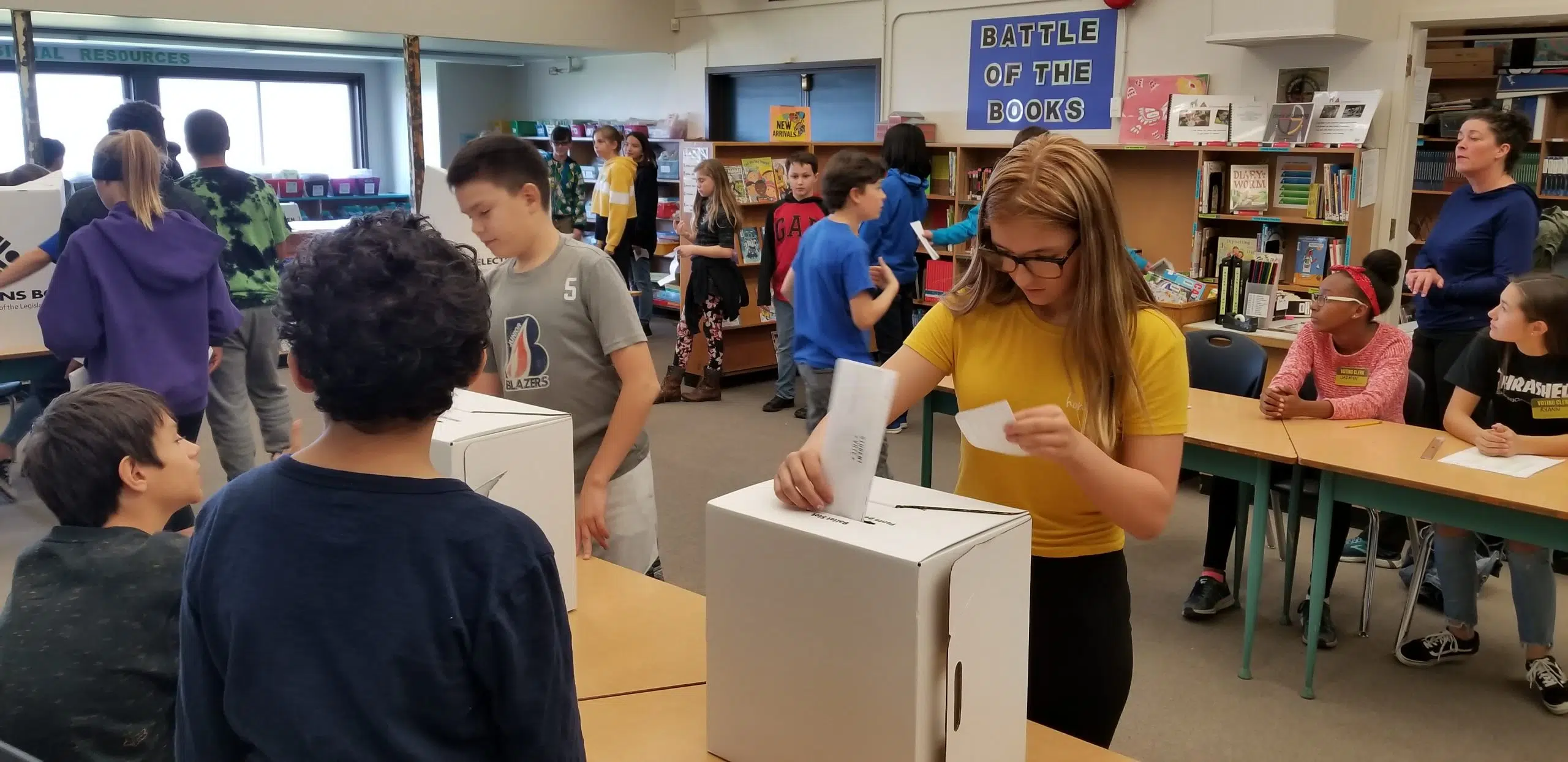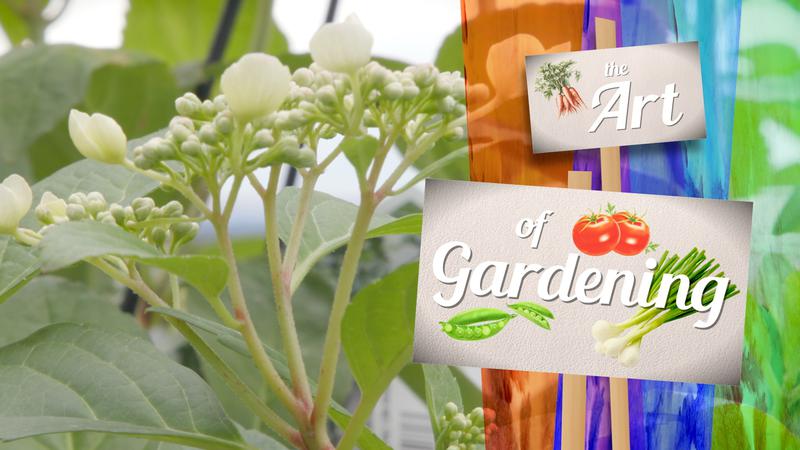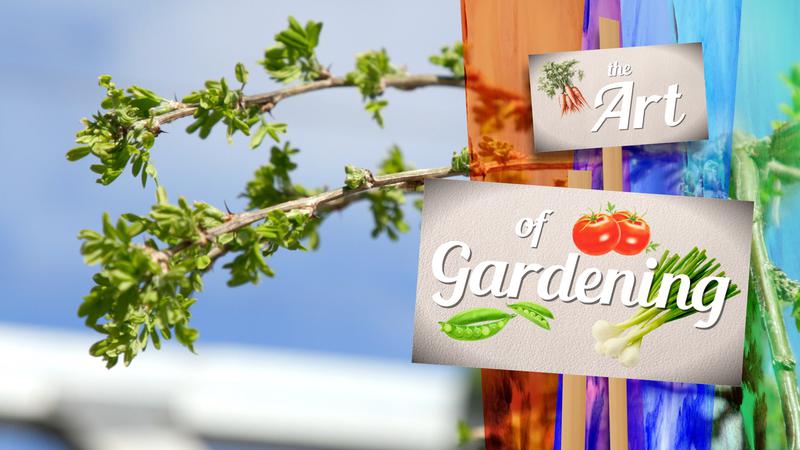
Kamloops elementary students cast votes in mock election
KAMLOOPS — As adults prepare to go to the polls on Saturday, Beattie Elementary students cast their votes for local politicians Thursday, Oct. 18.
While their votes won’t count towards the actual election results, they do serve as an important educational tool, showing students how the election process works and how they can make a difference in their communities once they are old enough to vote.
For the past few weeks Grades 4 to 7 students have been learning about the candidates and the election process.
“I think it’s actually a very interesting process because there are multiple steps and it’s actually really confusing,” said Nora, a student voting officer in the mock election, “but we have learned different ways to teach the children how to navigate the votes and who they’re going to choose.”


